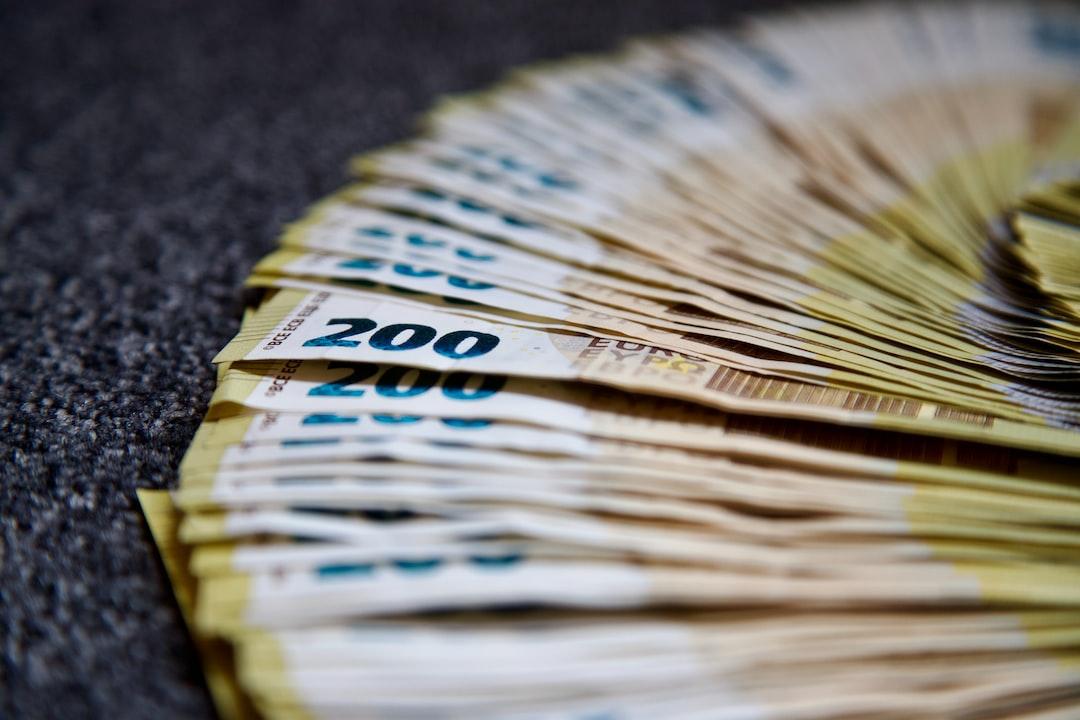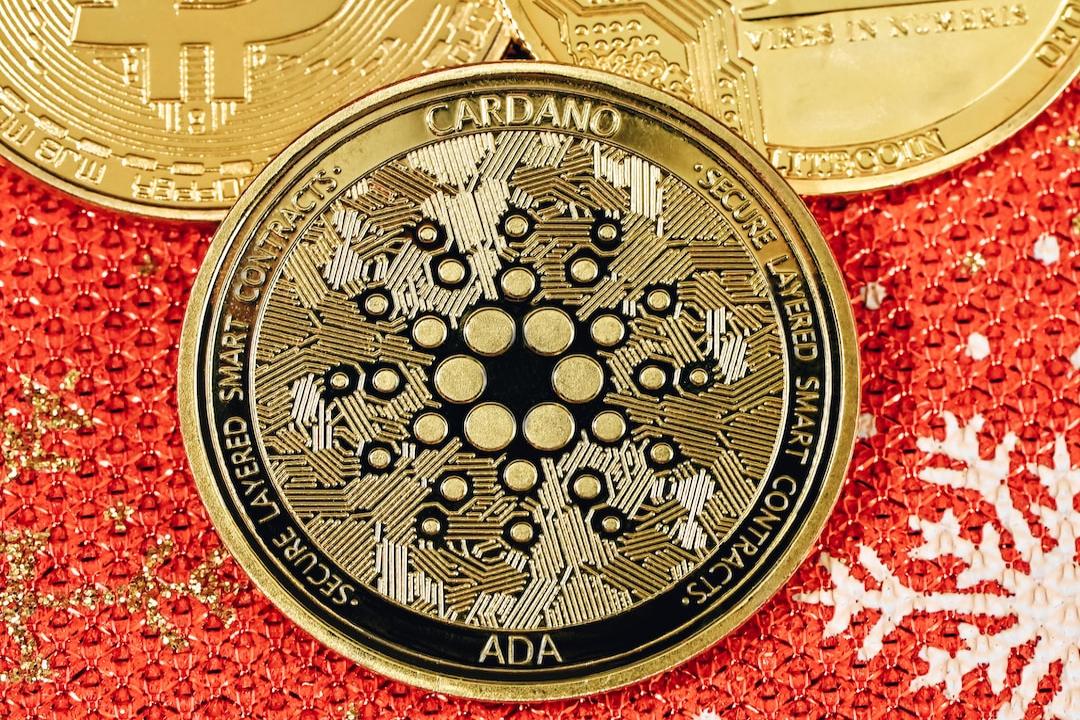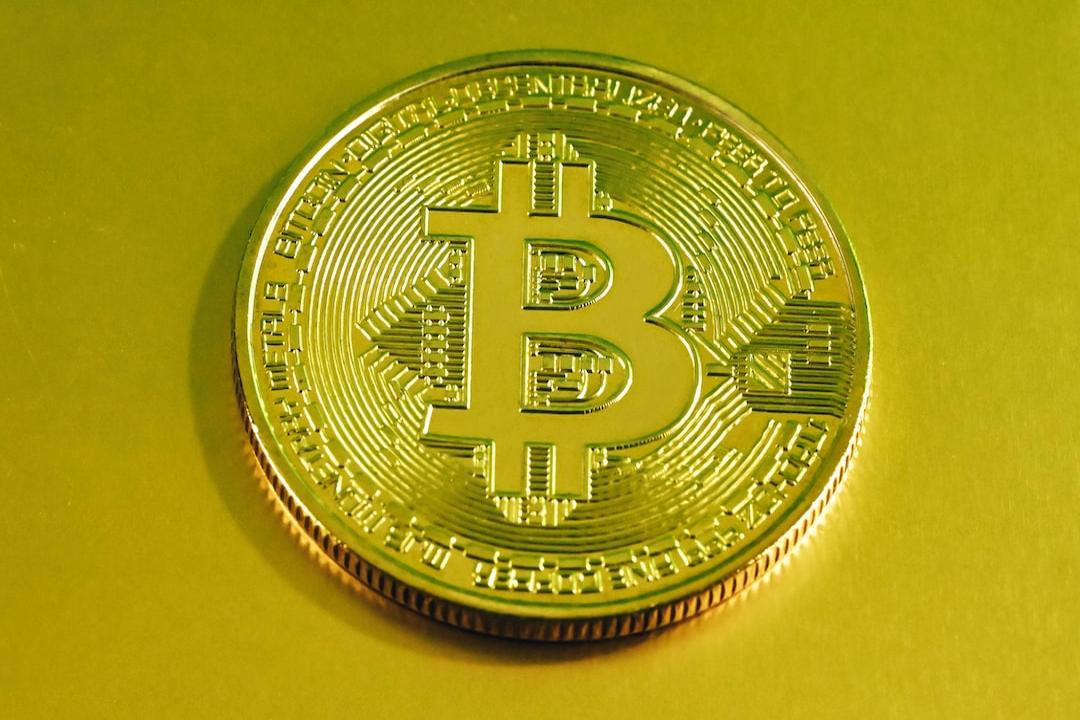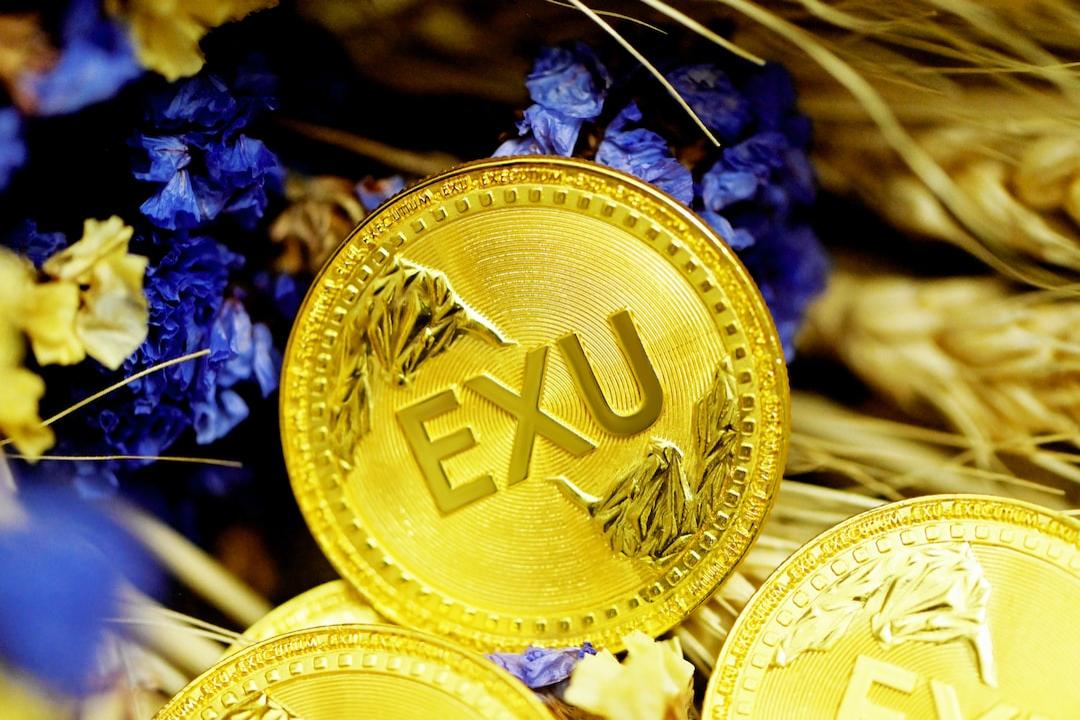According to Fortune magazine, citing two informed sources, Trump is collaborating with business partner Bill Zanker to prepare a real estate-themed game centered around his brand, with gameplay similar to Monopoly, which will incorporate blockchain technology.
(Background: The most crypto-friendly White House team in history, Trump cabinet officials’ holdings revealed)
(Context: Significant victory for DeFi — Trump signs repeal of IRS “DeFi broker rules,” gaining overwhelming support from both the House and Senate)
Known for his “business mindset,” President Trump has ventured into various fields throughout his career, including real estate, reality TV, vodka, mortgages, the NFL, aviation, bottled water, steak, and even board games. His business empire is also expanding within the cryptocurrency industry — after making moves in NFT, DeFi, stablecoins, memecoins, and crypto mining, Trump is now extending his reach into blockchain gaming.
According to Fortune magazine, citing two informed sources, Trump is working with business partner Bill Zanker to develop a real estate-themed crypto game centered around his brand, with gameplay reminiscent of Monopoly. For this “veteran enthusiast,” who launched a similar Monopoly-style board game thirty years ago, releasing a digital version of Monopoly backed by blockchain and cryptocurrency is both surprising and expected, bringing a wave of excitement to the long-dormant blockchain gaming space.

Real estate mogul Trump: Monopoly game “super fan”
In May 1989, Trump partnered with the classic board game company Milton Bradley to launch the board game “Trump: The Game,” inspired by Monopoly and Trump’s career as a real estate tycoon.
Milton Bradley, then president of the company, stated that the game was set against high-stakes gambling, trading, and the backdrop of Trump’s bestselling book “The Art of the Deal,” released in 1987. Trump even filmed a television advertisement for the game, promoting the slogan, “What matters is not winning or losing, but winning!”
During a promotional event prior to the official release of “Trump: The Game,” Trump announced that he would donate an undisclosed portion of the game’s revenue to charities supporting cerebral palsy and AIDS research, as well as aiding the homeless. The game, priced at $25, was initially anticipated by Trump and Milton Bradley to sell 2 million copies, but ultimately only sold 800,000, far below expectations.

The reasons for this shortfall were twofold: on one hand, the game was directly named after Trump, which made it easy to be perceived as a tool for the wealthy to profit, and the public was unaware of the charitable contributions; on the other hand, misleading marketing led to it being viewed as a knockoff version of Monopoly.
Trump believed the main reason was that the game’s design was overly complex, with a rulebook exceeding 12 pages, lacking mass appeal. Despite subsequent advertisements specifically stating, “Mr. Trump’s earnings from ‘Trump: The Game’ will be donated to charity,” sales remained sluggish. Furthermore, a 2016 Huffington Post report stated that Trump’s claim of donating proceeds from the board game to charity could not be substantiated, and Trump and related entities declined to comment.
In 2004, after the success of Trump’s reality show “The Apprentice,” Parker Brothers re-released “Trump: The Game.” The new version incorporated Trump’s classic catchphrase from “The Apprentice”: “You’re fired!” and boasted the slogan “Making millions takes smarts; making billions takes Trump.” However, even with Trump’s celebrity effect, this rebranded game ultimately had a lukewarm reception.
It is worth noting that Milton Bradley was acquired by toy and entertainment giant Hasbro in 1984, and merged with another Hasbro subsidiary, Parker Brothers, in 1998. The brand was later abandoned in 2009 in favor of the parent company’s name, ultimately rebranded as Hasbro Gaming. Therefore, the IP of this Trump-licensed board game should belong to Hasbro.
“I’ve always thought Monopoly was a great game, and many people are interested in it,” Trump, a “true fan” of Monopoly, attempted to launch a primetime reality show based on Monopoly in 2006. Trump was set to collaborate with documentary producer RJ Cutler, with Hasbro as a partner in the venture. However, the project quietly fell through during the development stage, with no network buying it and no official program name or episodes announced.
Returning to the Monopoly board after more than three decades, based on crypto technology
Now, Trump is making a return to the Monopoly board, but this time he’s taking it online.
According to Fortune, multiple sources revealed that Trump is collaborating with his business confidant Bill Zanker to develop a crypto-based real estate-themed game, expected to launch in late April this year. This game is an adaptation of “MONOPOLYGO!” where players move pieces on a virtual Monopoly board and build structures in digital cities to earn game currency.
Insiders indicated that Zanker is the driving force behind this blockchain gaming project and had initially planned to launch it before the inauguration of the 47th President. Zanker is considered Trump’s guide into the cryptocurrency industry; Trump’s NFT project was also facilitated after Zanker’s repeated suggestions.

Zanker recalled that when he suggested Trump launch the NFTs in early 2022, although Trump was quite interested in the “former president’s artistic image NFT,” he was reluctant to use the term “NFT,” preferring to call it “digital trading cards on the computer.” By the end of the same year, Zanker pushed the matter again, and Trump readily agreed, saying, “Many friends said I shouldn’t do it, but I like it; let’s go for it.”
In Trump’s memecoin project TRUMP, Zanker also played a significant role. According to the TRUMP memecoin website, the remaining tokens after the ICO are held by CIC Digital LLC and Fight Fight Fight LLC, accounting for 80% of the total supply. Zanker is listed as the primary contact in the registration documents for “Fight Fight Fight LLC.”
Regarding the specific details of the crypto gaming project, Zanker’s spokesperson Kevin Mercuri only revealed that they are developing a “game.” Mercuri denied claims that this game would resemble “Monopoly Go,” stating that the information is merely “rumors.” Previously, the entity responsible for Trump’s trademarks, DTTM Operations, applied to expand Trump’s name suite to various virtual products and NFT-related services. However, Mercuri refused to disclose whether these trademark applications are directly related to the project or how blockchain functionalities would be integrated into the gameplay.
Furthermore, it remains uncertain whether the upcoming blockchain game will be based on the now over 30-year-old “Trump: The Game.”
Sources revealed that last May, Zanker approached Hasbro to negotiate a buyback of the IP for “Trump: The Game.” However, Hasbro informed Zanker that it no longer holds the rights to the game, which has been around for over 30 years. Nonetheless, according to Fortune, a spokesperson for Hasbro, the original developer of the Monopoly board game, stated that the company has not licensed the Monopoly IP to any organization affiliated with Trump for cryptocurrency investments.


